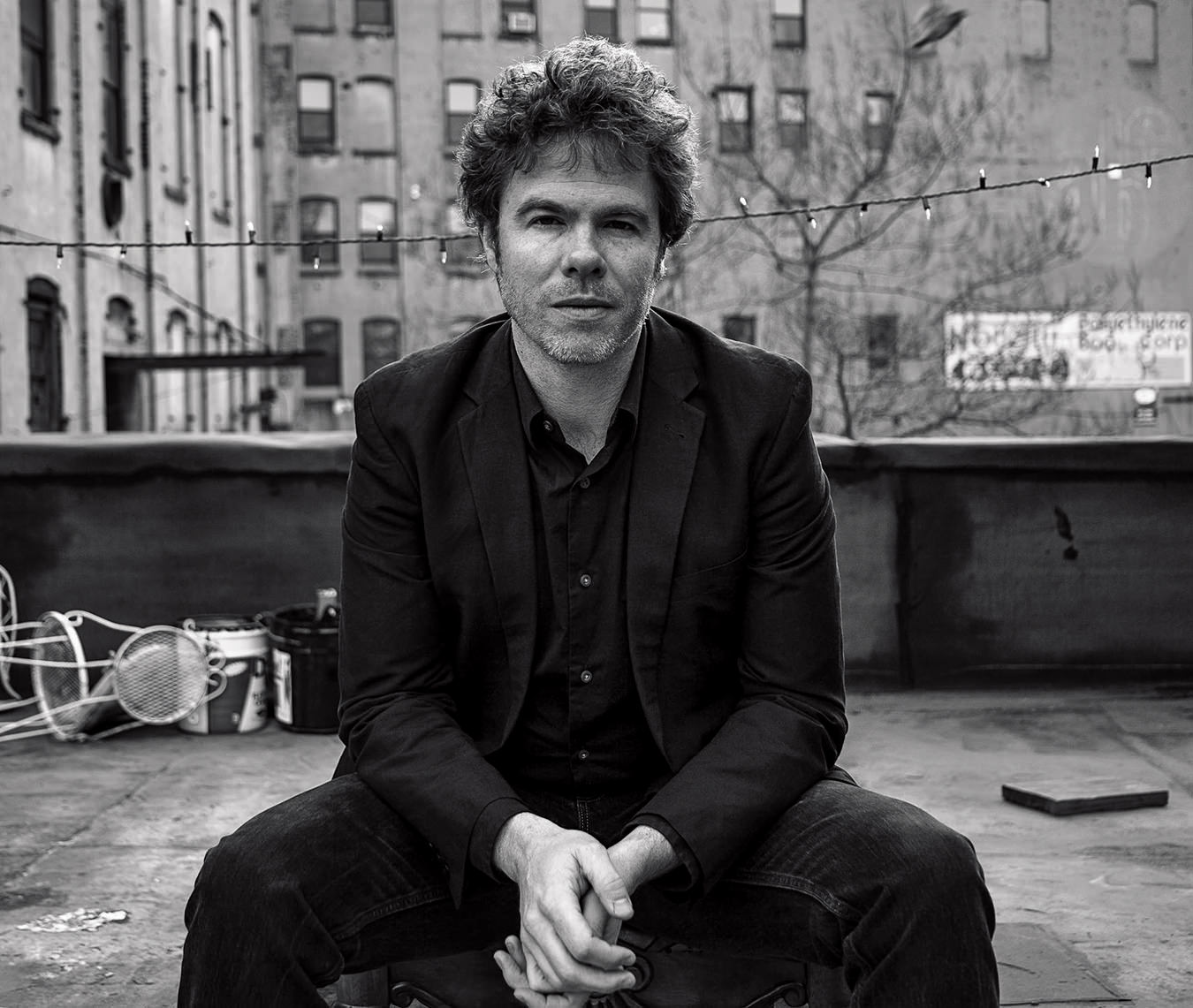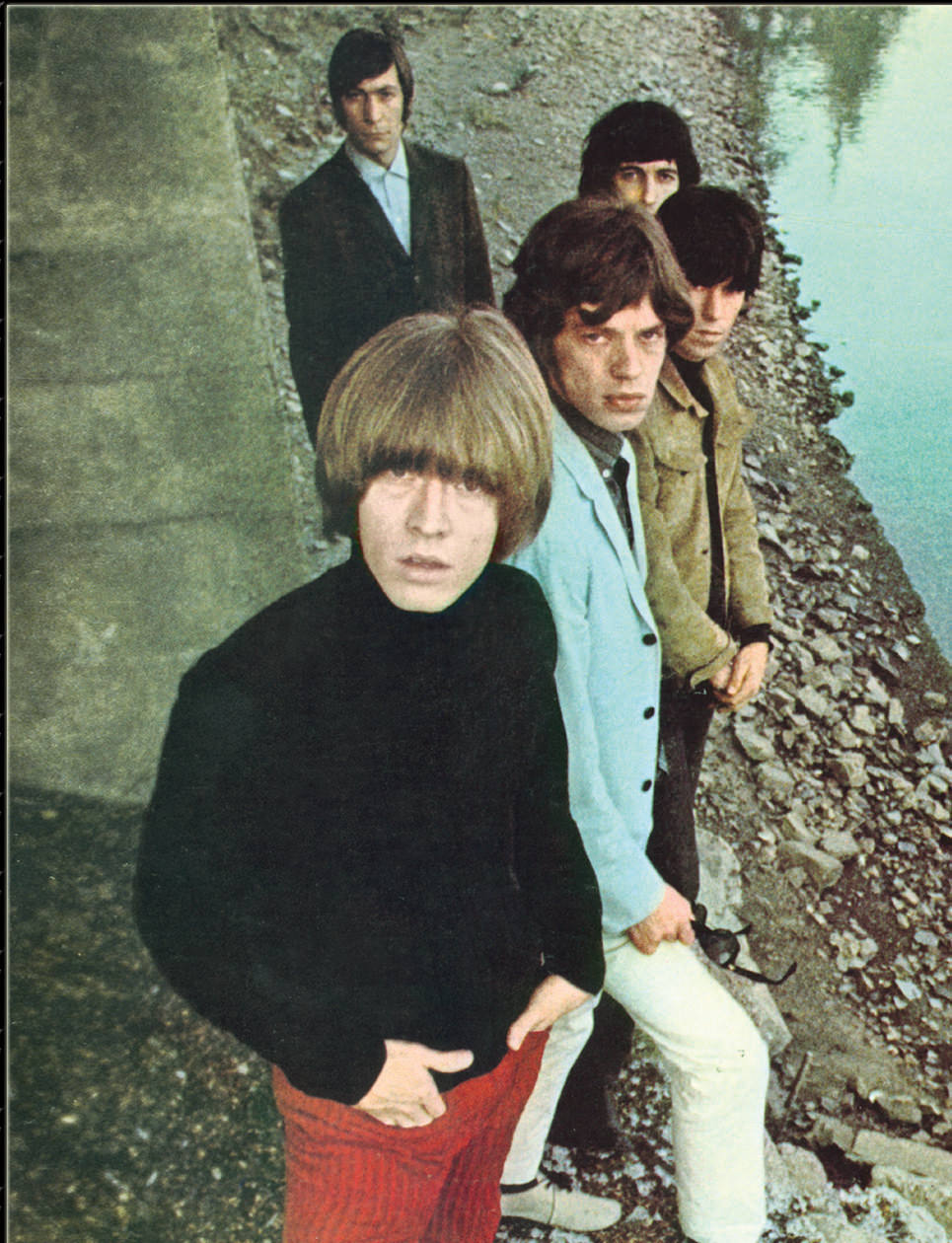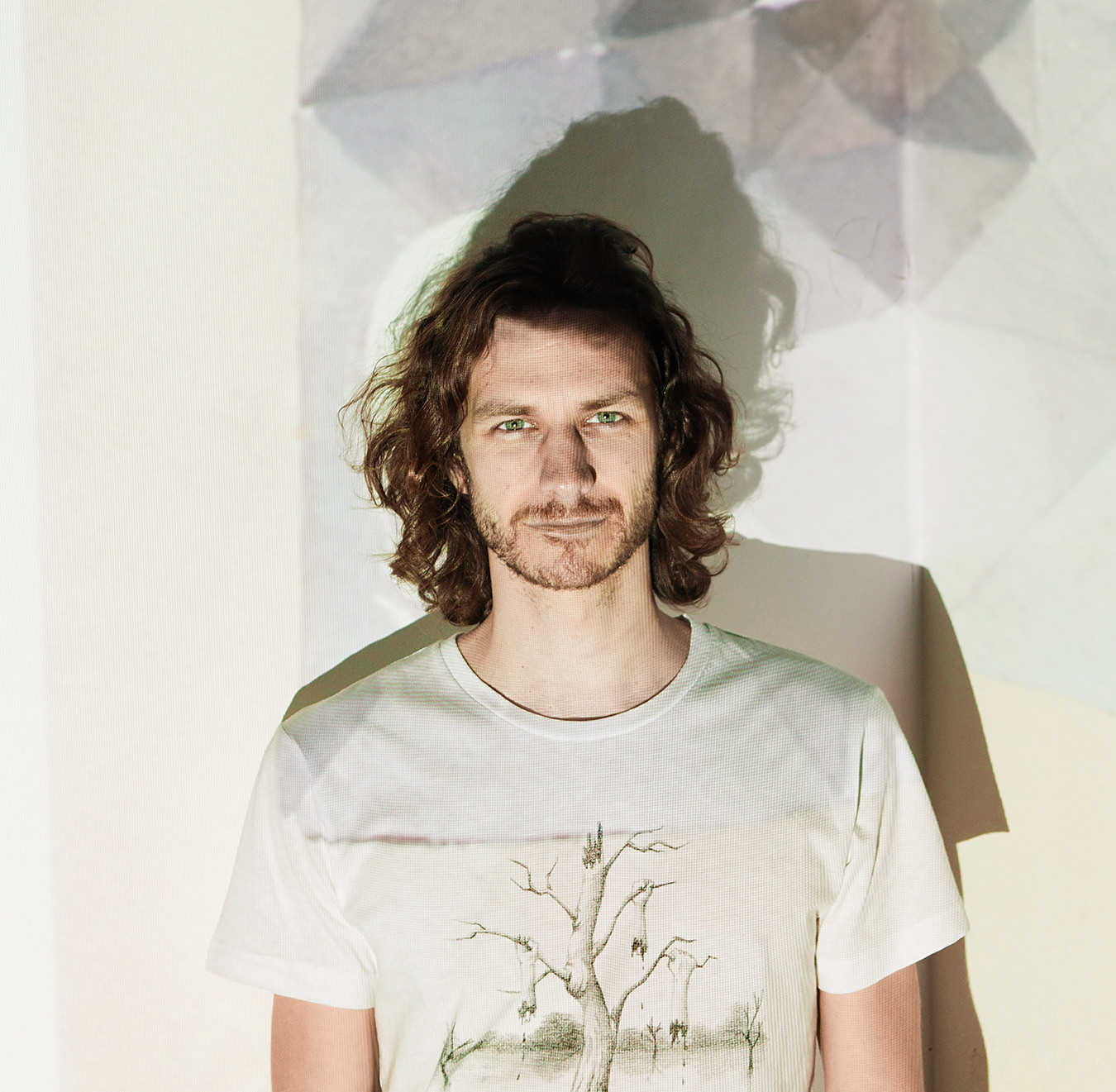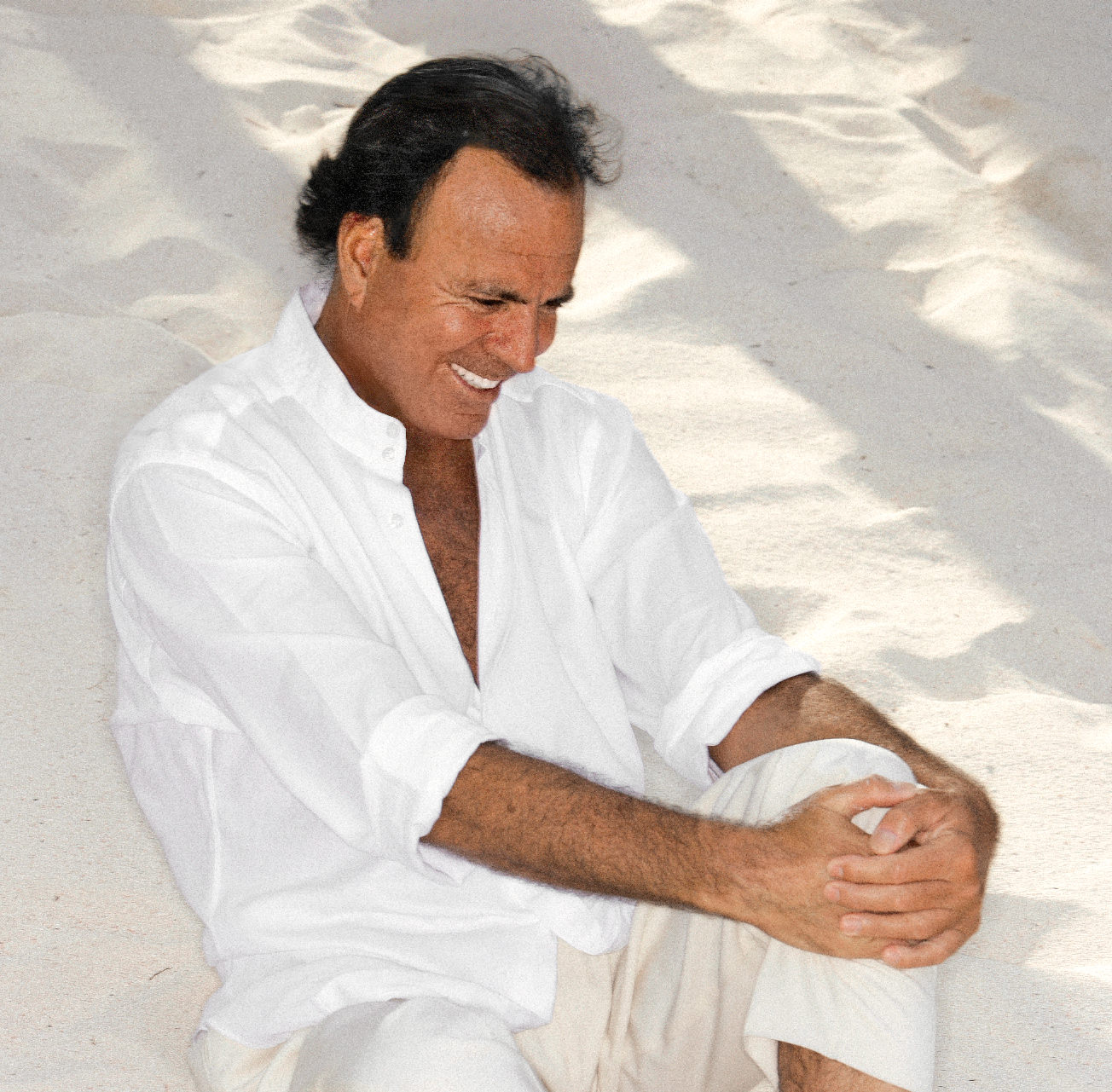Finding Healing Through Music With Stephen Voyce
Canada-Nigeria connection.

This story is part of our Black Canadian Artist Spotlight, a series promoting and highlighting exceptional Black musical talent across Canada. It is also a platform for Black Canadian artists to share their stories, opinions, and perspectives on racial equality and the steps we can take to enact lasting change in a country that is not exempt from a legacy of racism.
Stephen Voyce’s relationship to music is one born of loss and healing. For the singer and actor, music had always been part of who he was. Voyce came to Canada in his mid-teens by way of France and Nigeria (where he was born). Growing up, he spent his days listening to artists like Michael Jackson, a favourite of his mother’s. “I wanted to sway the crowd with emotion like he did,” recalls Voyce, now based in Montreal. It was only after his mother passed away in 2010 that this connection to music took on a deeper meaning.
“When she passed, I started writing music about the pain and darkness I was feeling at that time,” he says. “After I put out my music, people wrote to me about how my music helped them deal with their own traumas. At that point, I realized music was something more than just what I could do, but it was something that could connect us all.”

Voyce finds art and activism inherently related. Late last year, he released his single “Victim of Circumstance,” a song he already had in the works before 2020’s protests. “It’s about how injustices make us a victim of circumstances,” he explains. “How we’re born Black, or born into a Muslim family, or whatever the case may be, and someone will hate you just because that is who you are.” The song, featuring singer Zenab Jaber, plays like an anthem of defiance, with clear inspiration from Michael Jackson in Voyce’s vocal inflections.
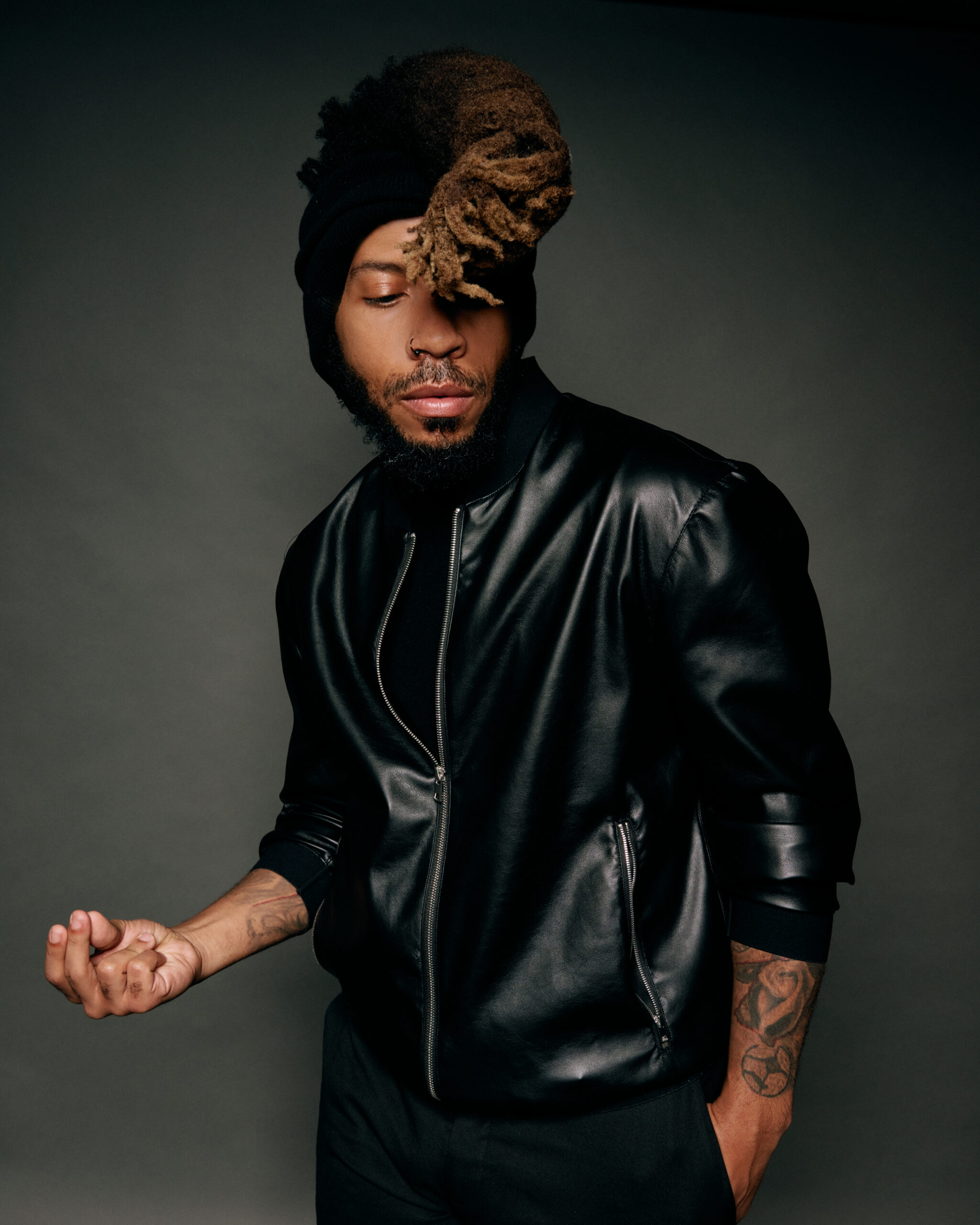
Reflecting on the impact of last summer, Voyce says, “I had friends reaching out saying things like ‘Hey, I didn’t know that you had to deal with these kinds of things. I’m so sorry.’ And it was really a shock to me that people live in the same world as the rest of us and they’re blind to the injustices that exist.… It hurt more because we’re going through this pandemic already, and that alone is such a daunting thing to deal with. I always had this belief that if [a threat] ever hit us on a global scale we could come together, and instead seeing us become divided really hurts. In a way it kind of shook my hope for the world, but I’ve since rekindled it because I still believe there’s good in all of us. I still believe there’s a message we can pass on and share, and that’s a message of hope. I think what’s happening right now needs to happen.”
Still, he urges caution when it comes to jumping on social media trends: “Blackout Tuesday was a great movement, but I have a problem with any social media campaign when it’s just a flash in the pan. When it’s just on that day and in that moment, it’s like ‘everyone else is doing it, and when I’ve done my part, I’m going to dust my hands off any responsibility.’ No, it has to be more than just Blackout Tuesdays. For anything to change, we have to keep moving with the change, we have to push that change forward. For me, I want the idea of Blackout Tuesday to be something more than a hashtag; I want it to be something that resonates inside of all us whenever injustice pops up.”

For some Canadians, there is a tendency to deflect blame to the U.S. when it comes to racial injustices. Facing truths at home is vital to moving forward. “The problem is that there are a lot of things that happen in our backyard that we are unaware of, and because we are unaware of it, it continues to happen and exist,” Voyce says. “As Canadians, we have to stop telling ourselves that this happens only in the States. No, this also happens in Canada, and silence is not the answer.”
Production by GLDN Productions, Assistant Nicolas Caporali, Stylist Racky Sow, Grooming by Mayillah, Shot on location at Never Apart Montreal.

